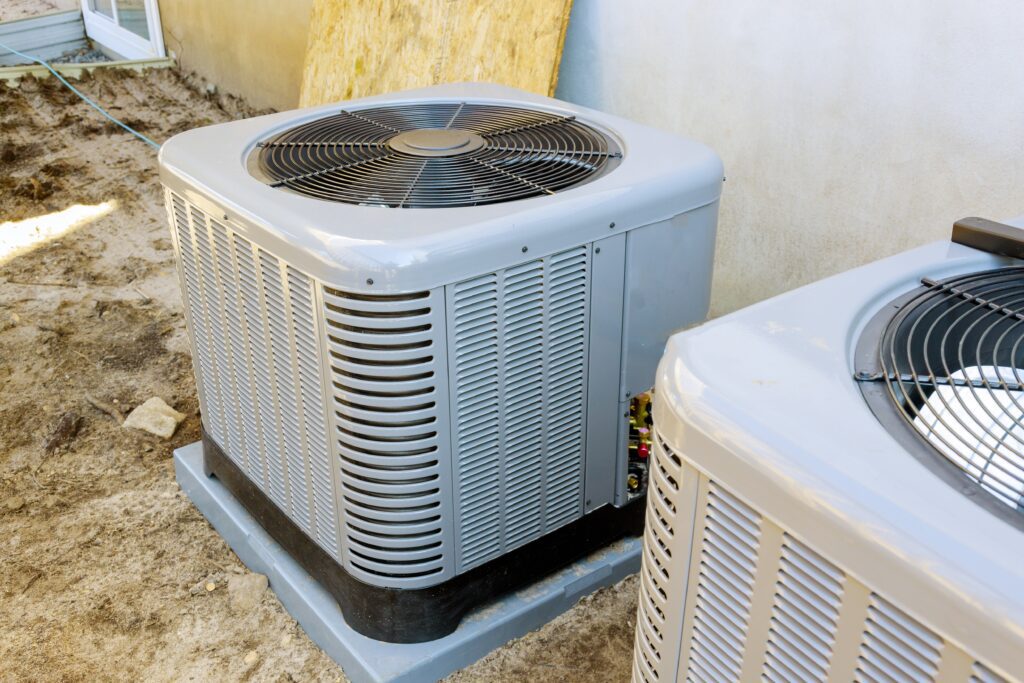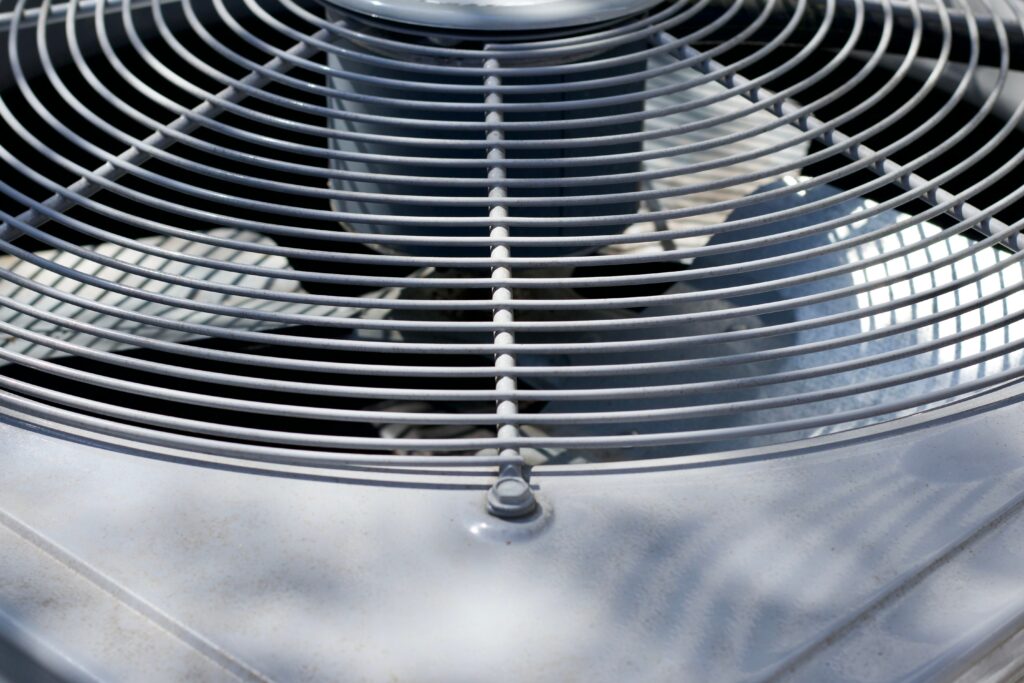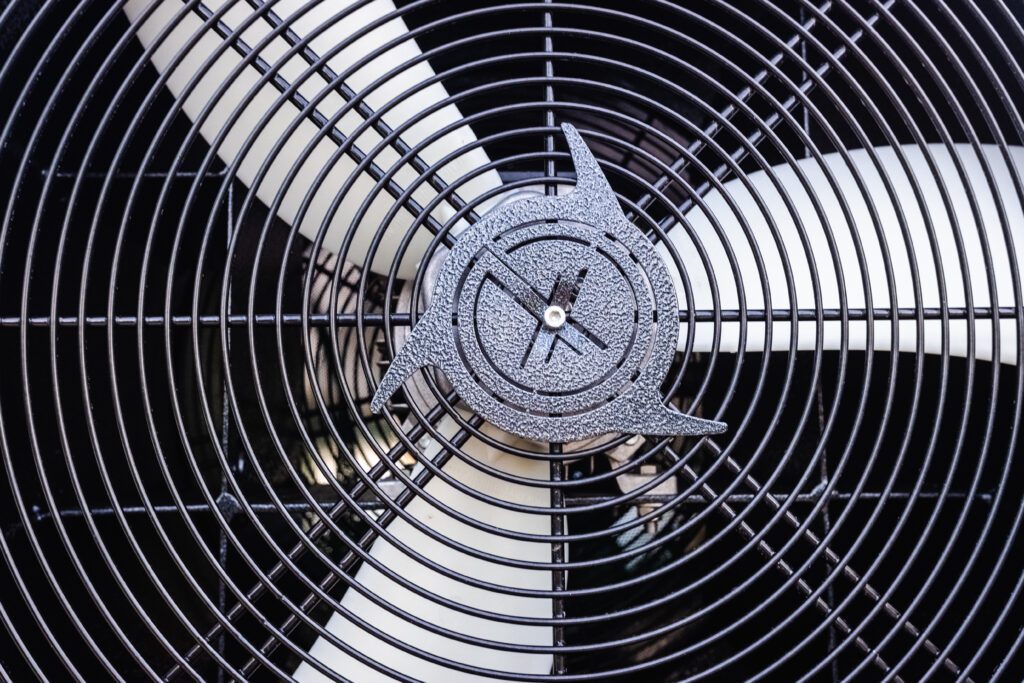Importance of regular HVAC maintenance
Regular HVAC maintenance is crucial for ensuring year-round indoor comfort. It helps in keeping your heating, ventilation, and air conditioning systems running efficiently, which means better air quality and consistent temperatures in your home. By scheduling regular maintenance, you can identify and fix potential issues before they become major problems, saving you from costly repairs down the road. Additionally, proper maintenance can extend the lifespan of your HVAC system, saving you money in the long run.
Remember, regular HVAC maintenance is an investment in the comfort and well-being of your home, so it’s worth the time and effort.
Cost-saving benefits
Regular HVAC maintenance can lead to significant cost savings in the long run. By ensuring that your heating, ventilation, and air conditioning system is running efficiently, you can avoid costly repairs and unexpected breakdowns. Additionally, a well-maintained HVAC system consumes less energy, resulting in lower utility bills. Investing in regular maintenance can also prolong the lifespan of your HVAC system, reducing the need for premature replacements.
Increase in energy efficiency
Regular HVAC maintenance can lead to increased energy efficiency, resulting in lower energy bills and a more environmentally friendly home. According to the U.S. Department of Energy, a well-maintained HVAC system can lower energy consumption by 5% to 40%. This means that your system will use less energy to heat or cool your home, making it more cost-effective and reducing your carbon footprint.
Enhancing indoor air quality
Indoor air quality is crucial for maintaining a healthy environment in your home. Regular HVAC maintenance plays a vital role in enhancing indoor air quality by ensuring that your heating, ventilation, and air conditioning systems are clean and functioning efficiently. By replacing air filters, cleaning air ducts, and inspecting for any potential pollutants, you can reduce the presence of allergens, dust, and other contaminants in the air, leading to better overall air quality and a more comfortable indoor environment. Additionally, scheduling routine HVAC maintenance can help prevent the buildup of mold and bacteria, which can have a significant impact on the air you breathe.
Extending the lifespan of HVAC systems

Regular HVAC maintenance can significantly extend the lifespan of your heating, ventilation, and air conditioning (HVAC) systems. This means less frequent replacements and repairs, which can save you money in the long run. According to the US Department of Energy, properly maintained HVAC systems can last 15 to 20 years or more. Regular maintenance can include changing air filters, cleaning coils, checking refrigerant levels, and ensuring proper airflow. By taking care of your HVAC system, you can ensure year-round indoor comfort and avoid unexpected breakdowns.
Components of regular maintenance
Regular HVAC maintenance includes cleaning or replacing air filters every 1-3 months, checking and adjusting thermostat settings, lubricating moving parts such as fan motors and bearings, inspecting and cleaning the condensate drain, and examining the electrical connections and controls for wear and tear. It also involves inspecting the refrigerant level and adjusting if necessary, cleaning the evaporator and condenser coils, and checking the system’s overall efficiency and performance. Regular maintenance of these components ensures that your HVAC system operates efficiently and provides consistent indoor comfort throughout the year.
Changing air filters regularly
Regularly changing your HVAC system’s air filters is essential for maintaining good indoor air quality and a comfortable temperature throughout the year. It helps prevent the buildup of dust and contaminants, ensuring that your system runs efficiently. According to HVAC professionals, air filters should be changed every 30 to 90 days to keep your system in top condition. Blocked or dirty filters can cause your HVAC system to work harder, leading to higher energy bills and potential system breakdowns. By making a habit of changing your air filters, you can save money on energy costs and avoid expensive repairs.
Checking and cleaning ducts and vents

Regular maintenance for your HVAC system should include checking and cleaning your ducts and vents. This helps to ensure that the air flowing through your system is clean and unobstructed, which can improve your indoor air quality and keep your system running efficiently. Clogged or dirty vents and ducts can lead to poor airflow, higher energy bills, and potential health issues. It’s recommended to have a professional HVAC technician inspect and clean your ducts and vents on a regular basis to maintain optimal performance and indoor comfort.
Inspecting and servicing HVAC equipment
Regular HVAC maintenance is essential for ensuring year-round indoor comfort. By inspecting and servicing your HVAC equipment, you can prevent potential breakdowns and maintain efficient performance. This can help you save on repair costs and energy bills in the long run. Some key tasks involved in HVAC maintenance include checking and replacing air filters, cleaning coils, inspecting ductwork, and testing thermostat functionality. It’s recommended to have your HVAC system professionally serviced at least once a year to keep it running smoothly and ensure optimal indoor air quality.
Summary and conclusion
Regular maintenance of your HVAC system is essential for maintaining consistent indoor comfort throughout the year. By scheduling routine inspections and tune-ups, you can ensure that your heating and cooling equipment operates efficiently and effectively. This can help prevent unexpected breakdowns, reduce energy consumption, and prolong the lifespan of your HVAC system. Additionally, regular maintenance allows for early detection of potential issues, which can save you from costly repairs down the line. Overall, investing in scheduled HVAC maintenance is a proactive way to keep your indoor environment comfortable and your system running smoothly.



